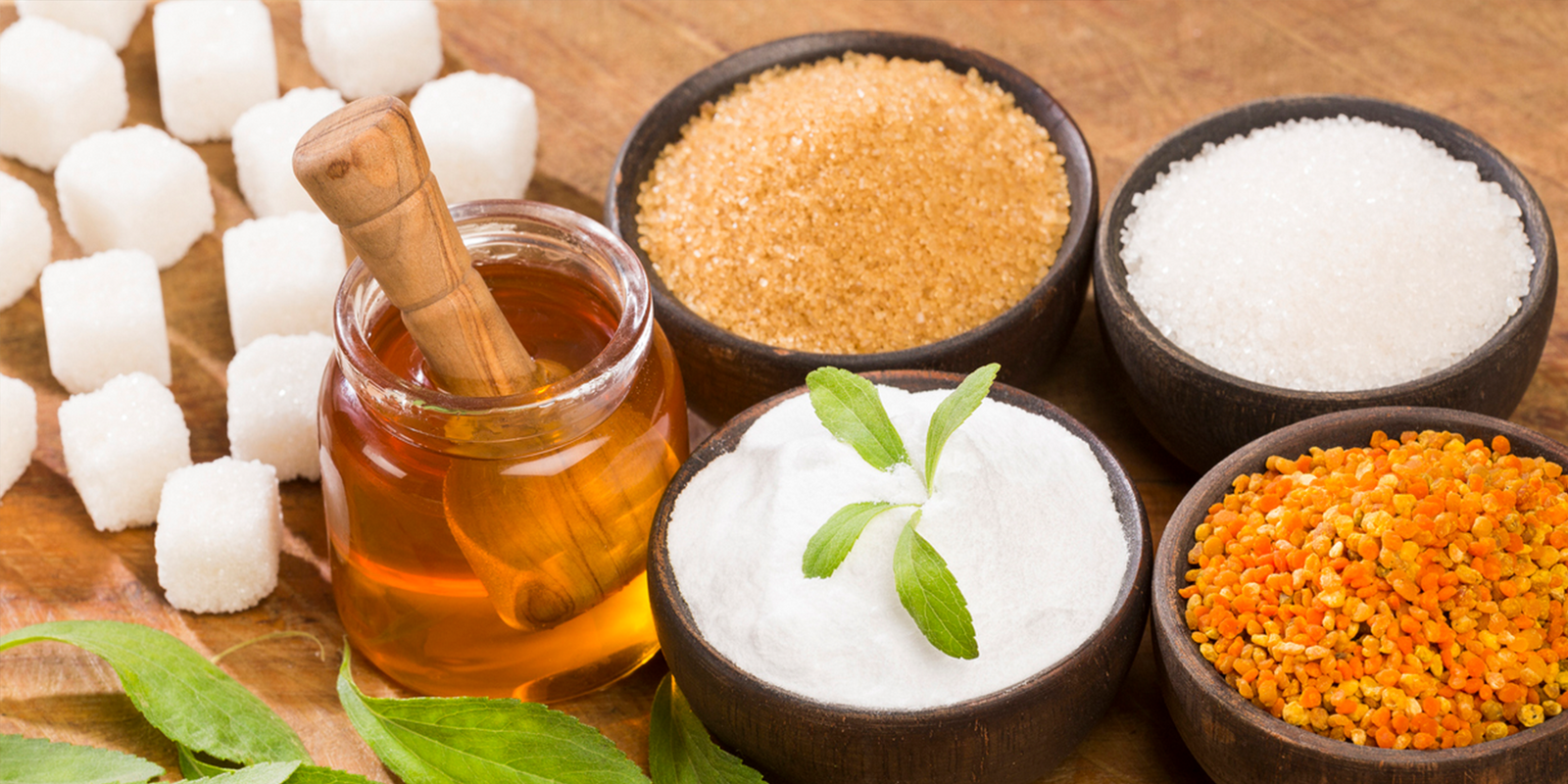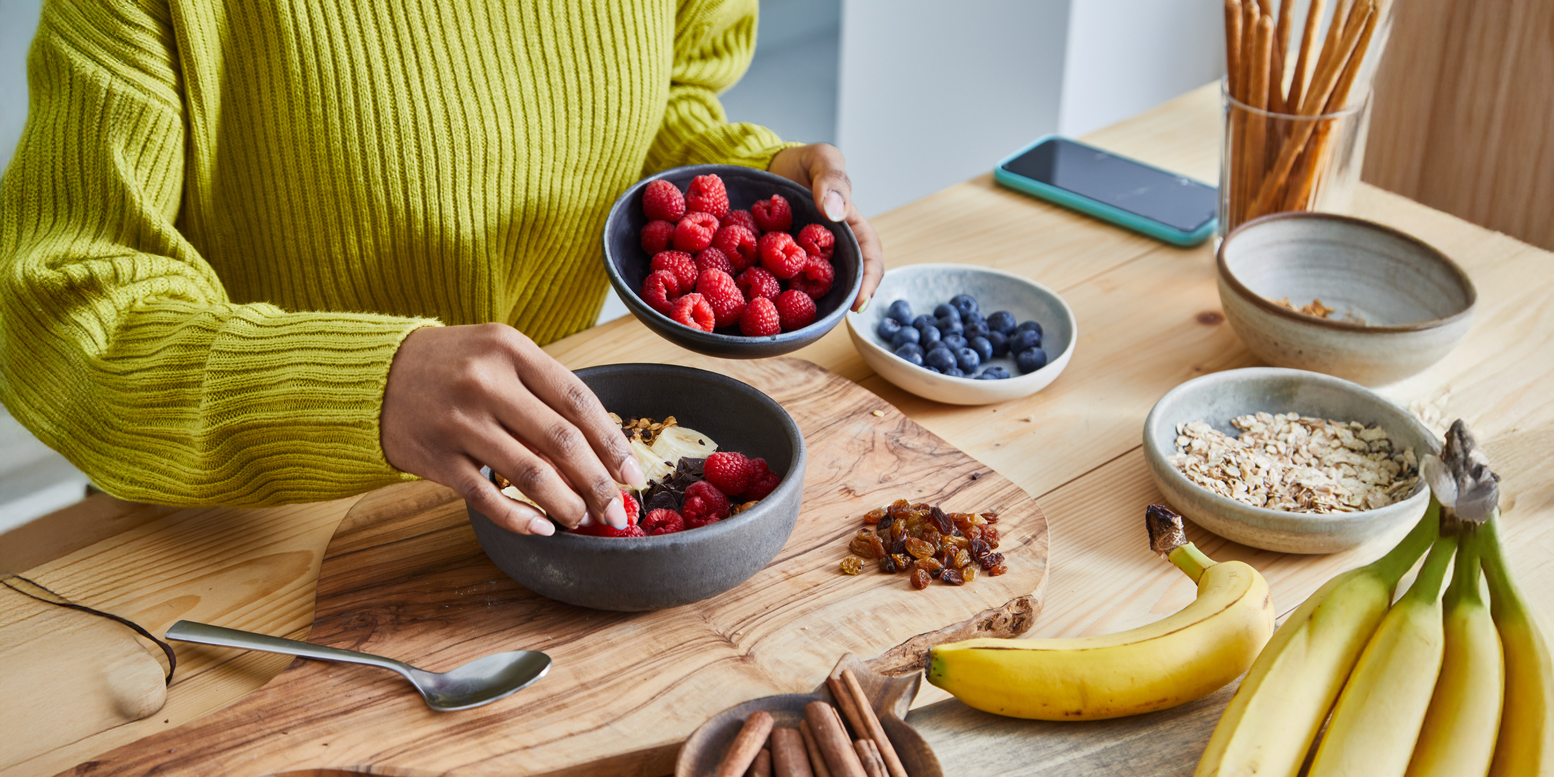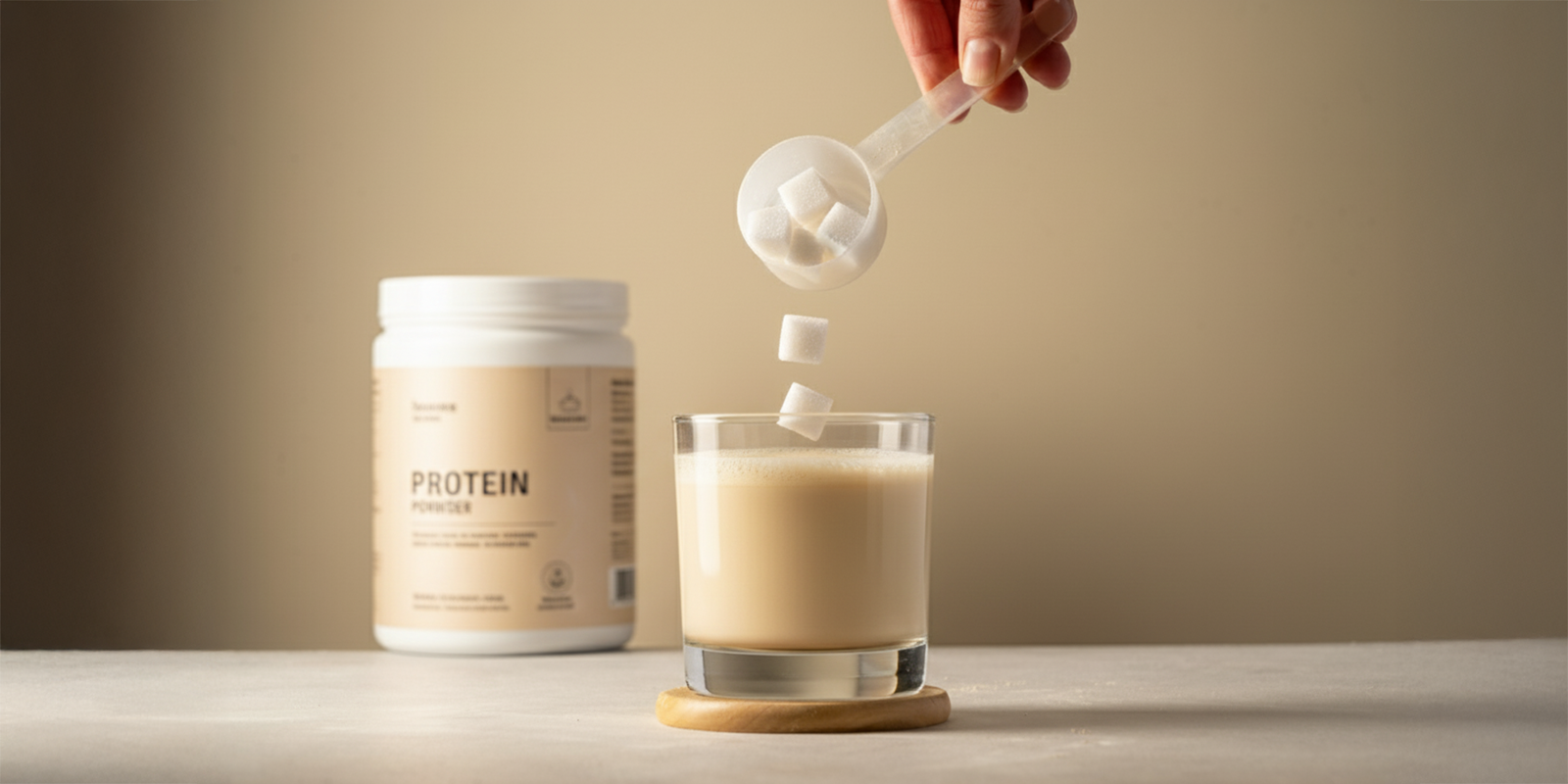In a world where health-conscious consumers are seeking alternatives to traditional sugar, the debate surrounding natural and artificial sweeteners has intensified. That's why we want to shed light on the truth about sweeteners and their role in a plant-based, healthy lifestyle.
Natural Sweeteners
Stevia:Stevia, a natural sweetener derived from the leaves of the Stevia plant, is gaining popularity. It is calorie-free and doesn't raise blood sugar levels. Stevia offers a natural sweetness without the drawbacks of sugar, making it an excellent choice for those looking to reduce their sugar intake.
Monk Fruit: Monk fruit extract is another natural sweetener that has zero calories and doesn't impact blood sugar. It is much sweeter than sugar, so only a small amount is needed, and it's often combined with other natural sweeteners to create a balanced taste.
Honey and Maple Syrup: While honey and pure maple syrup are natural sweeteners, they still contain calories and sugar. However, they provide additional nutritional benefits, such as antioxidants and minerals, making them a better choice than refined sugar.
Agave Nectar: Agave nectar is often marketed as a healthy alternative, but it's essential to use it in moderation. It is relatively high in fructose, which can be detrimental to your health if consumed excessively.
Artificial Sweeteners
Aspartame: Aspartame is a low-calorie artificial sweetener commonly found in sugar-free products. It's considered safe for most people, but it may have a bitter aftertaste for some.
Sucralose:Sucralose, often sold as Splenda, is another artificial sweetener with zero calories. It's heat-stable, making it suitable for cooking and baking.
Saccharin: Saccharin was the first artificial sweetener and is still used in various products. It's incredibly sweet and has no calories. However, it has a slightly metallic aftertaste.
Acesulfame Potassium:Acesulfame potassium is heat-stable and used in a wide range of food products. It's often combined with other sweeteners to improve taste.
Why We're Sweet on Stevia and Monk Fruit!
At our plant-based protein company, the decision to incorporate stevia and monk fruit sweeteners into our products was driven by a commitment to provide our customers with the best possible options. Here's why we believe:
Calorie-Free, Zero Sugar:Monk fruit sweetener and stevia are renowned for being completely calorie-free and having zero impact on blood sugar levels. This makes it an ideal choice for those striving to reduce sugar intake without sacrificing sweetness.
All-Natural Sweetness:Monk fruit sweetener is derived from the Monk fruit, also known as Luo Han Guo, which grows in Southeast Asia. It's a 100% natural sweetener, free from synthetic chemicals and additives.
Stevia is derived from the leaves of the Stevia plant, an all-natural source that grows in South America and Asia. It contains no synthetic chemicals or additives. This aligns perfectly with the clean, plant-based approach we take in our product development.
No Bitter Aftertaste:Unlike some artificial sweeteners, stevia and monk fruit does not leave a bitter or metallic aftertaste. It allows our products to maintain a balanced and pleasant taste, making them appealing to a broad range of taste preferences.
Conclusion
While both natural and artificial sweeteners have their advantages and disadvantages, it's essential to keep a few things in mind:
Moderation is Key: Whether you opt for natural or artificial sweeteners, consuming them in moderation is vital. Excessive consumption of any sweetener, even if it's calorie-free, can lead to health issues.
Individual Tolerance: Everyone's taste preferences and tolerance for sweeteners are different. Some people may prefer the taste of natural sweeteners, while others may find artificial sweeteners more palatable.















